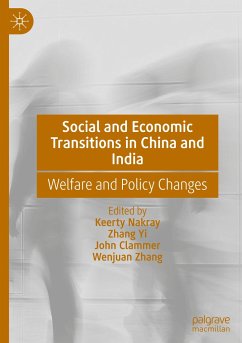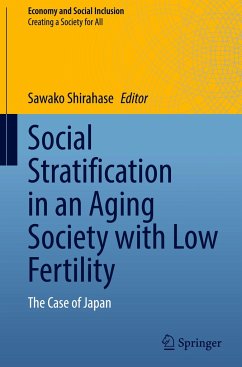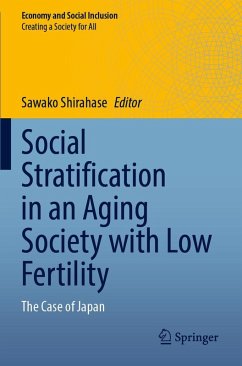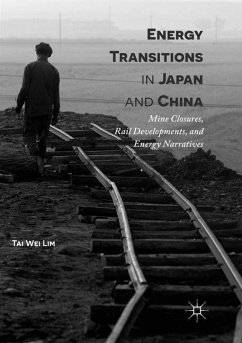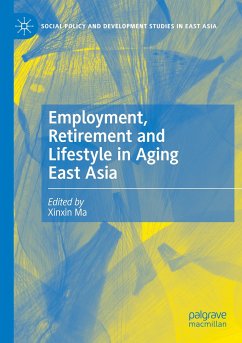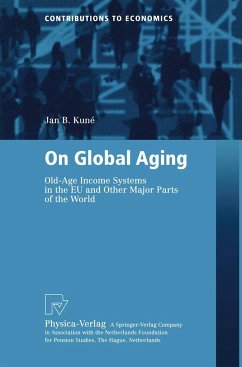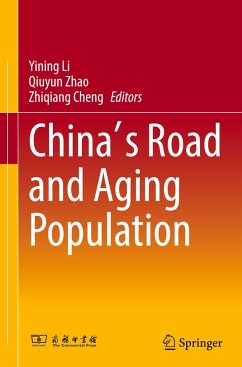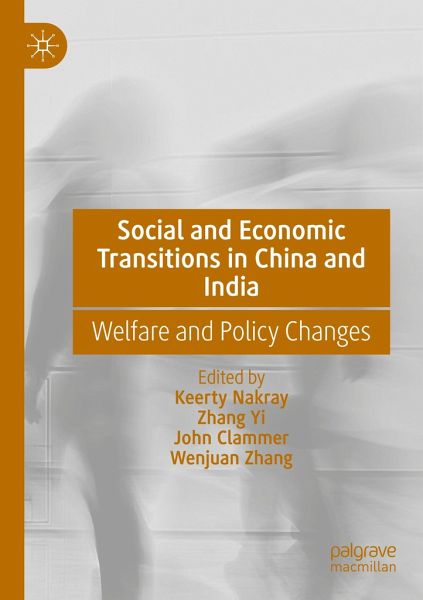
Social and Economic Transitions in China and India
Welfare and Policy Changes
Herausgegeben: Nakray, Keerty; Yi, Zhang; Clammer, John; Zhang, Wenjuan
Versandkostenfrei!
Versandfertig in 6-10 Tagen
129,99 €
inkl. MwSt.

PAYBACK Punkte
65 °P sammeln!
This book conducts a comparative analysis of social and economic changes in the welfare state transformations in China and India, at national and sub-national levels. Discussions are made based on impacts from the social and economic changes in the last century and the fourth industrial revolution on welfare state transformations in China and India, the world's two largest countries in terms of population and density.First-hand empirical work is conducted by a group of scholars from India and China, which draws on inter-disciplinary and cross-cultural academic traditions to deepen social, cult...
This book conducts a comparative analysis of social and economic changes in the welfare state transformations in China and India, at national and sub-national levels. Discussions are made based on impacts from the social and economic changes in the last century and the fourth industrial revolution on welfare state transformations in China and India, the world's two largest countries in terms of population and density.
First-hand empirical work is conducted by a group of scholars from India and China, which draws on inter-disciplinary and cross-cultural academic traditions to deepen social, cultural and legal understanding between the two countries.
This book would appeal to undergraduate and graduate students in comparative sociology, political science, law and comparative welfare studies as well as researchers in these fields, as well as researchers in policy think-tanks and research institutes and officials in government and non-governmental organizations.
First-hand empirical work is conducted by a group of scholars from India and China, which draws on inter-disciplinary and cross-cultural academic traditions to deepen social, cultural and legal understanding between the two countries.
This book would appeal to undergraduate and graduate students in comparative sociology, political science, law and comparative welfare studies as well as researchers in these fields, as well as researchers in policy think-tanks and research institutes and officials in government and non-governmental organizations.



